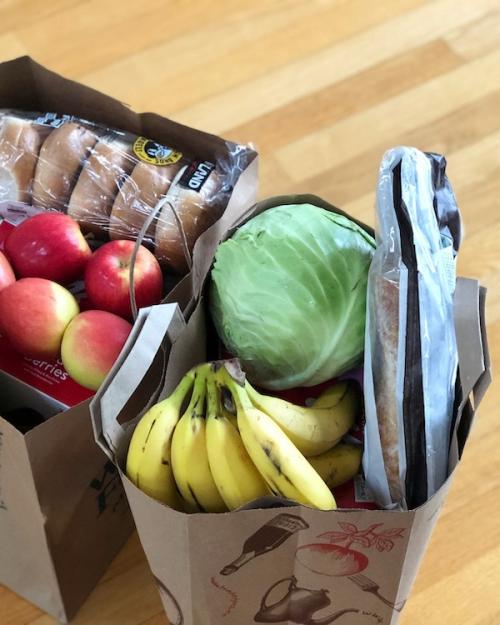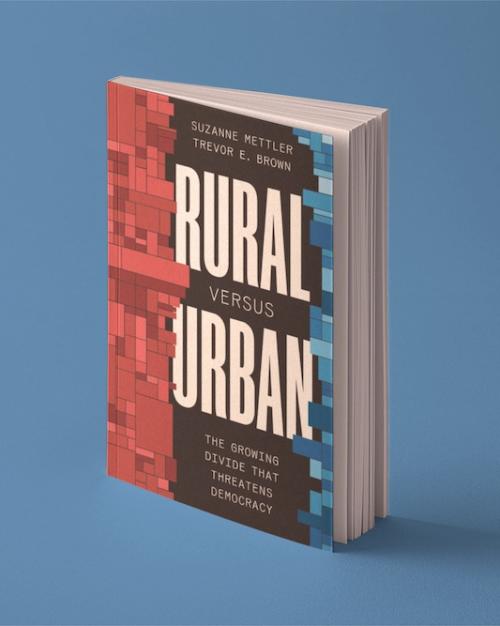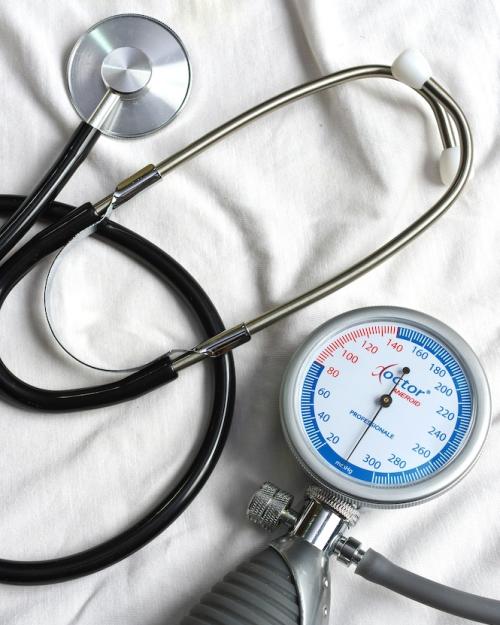Kim Weeden, Director of the Center for the Study of Inequality and Chair of the Department of Sociology, was one of 43 experts who contributed to a new article in Nature Human Behavior - Using social and behavioural science to support COVID-19 pandemic response.
The experts highlight some key insights from the social and behavioural sciences for effective response to the COVID-19 pandemic and point out important gaps researchers should move quickly to fill.
Prof. Weeden, who studies inequality, primarily in advanced industrial societies, and how it is changing over time, contributed a section on Social Inequality. “Inequalities in access to resources affect not only who is at greatest risk of infection, developing symptoms or succumbing to the disease, but also who is able to adopt recommendations to slow the spread of the disease.” Homelessness, being in detention, not having health insurance, relying on public transportation, the inability to work remotely, and pre-existing conditions tied to economic disadvantage all increase an individual’s risk.
“We expect that, as in natural hazards, the economically disadvantaged will be most likely to be exposed to the hazard, most susceptible to harm from it and most likely to experience negative outcomes from it.”
Weeden also points out that issues of economic disadvantage intersect with issues of race and ethnicity. Racial and ethnic minorities are not only likely to be economically disadvantage, but current and past experiences of discrimination lead to low levels of trust in the government and medical institutions. She suggests the needed partnerships between public health authorities and trusted organizations that are internal to these communities.
Although COVID-19 is caused by a virus, its effects are the result of social processes. Social scientists can help policy makers understand social and cultural contexts, including patterns of inequality, that make some public health interventions more effective. They can also help leaders design and implement policies that won't exacerbate existing inequalities.





